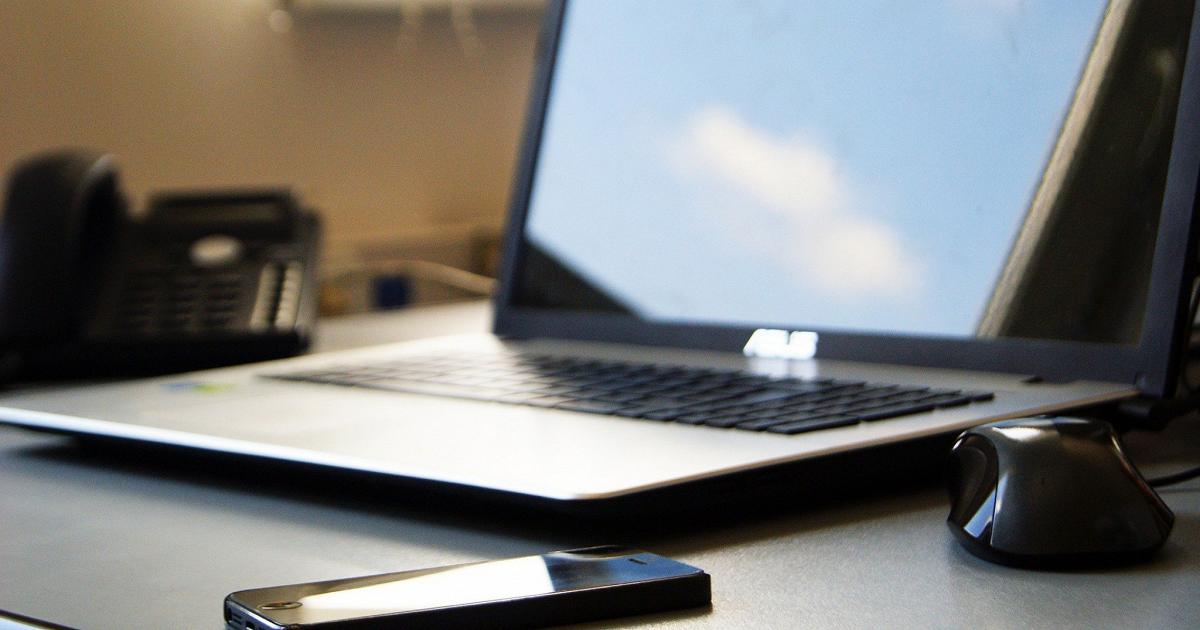The way people type on the keyboard and use the computer mouse could be an indicator of stress, even better than their heart rate. This is stated by a team of Swiss researchers, authors of a study published in the "Journal of Biomedical Informatics".
Researchers at ETH Zurich have developed a stress-detector model using new data and machine learning. This is explained by the author of the study, mathematician Mara Nägelin. Applied correctly, these findings could be used in the future to prevent an increase in stress at work early.
What researchers found
Researchers have shown that stressed people type on keys and move the mouse differently than relaxed people. "They move the pointer more often and less precisely and cover greater distances on the screen. Relaxed people, on the other hand, take shorter, more direct routes to their destination and take longer to do so," says Nägelin. Also, people who feel stressed in the office make more mistakes when typing. They write in fits and starts with many short pauses. Relaxed people, on the other hand, take fewer breaks, but longer when typing on a keyboard.
The Firm
To develop their model, researchers at the Swiss Polytechnic observed 90 participants in the laboratory as they performed office tasks as close to reality as possible, such as scheduling appointments or recording and analyzing data. While some participants were allowed to work undisturbed, half of the group was repeatedly interrupted by chat messages and asked to attend a job interview.
The theory of neuromotor noise
The link between stress and keyboard and mouse behavior can be explained by the so-called "neuromotor noise theory". "Increased stress levels have a negative impact on our brain's ability to process information. It also affects our motor skills," explained psychologist and co-author Jasmine Kerr.
Conclusions
The researchers said it is urgent to find reliable methods to detect increased stress, pointing out that one in three employees in Switzerland suffers from stress at work. "Those affected often don't realize their physical and mental resources are dwindling until it's too late," they said.
The team is currently testing their model using an app to record the data of employees who have agreed to have mouse and keyboard use, as well as heart rate, recorded as they work. The goal, they said, is to "help workers identify stress early, and not to create a monitoring tool for companies."

